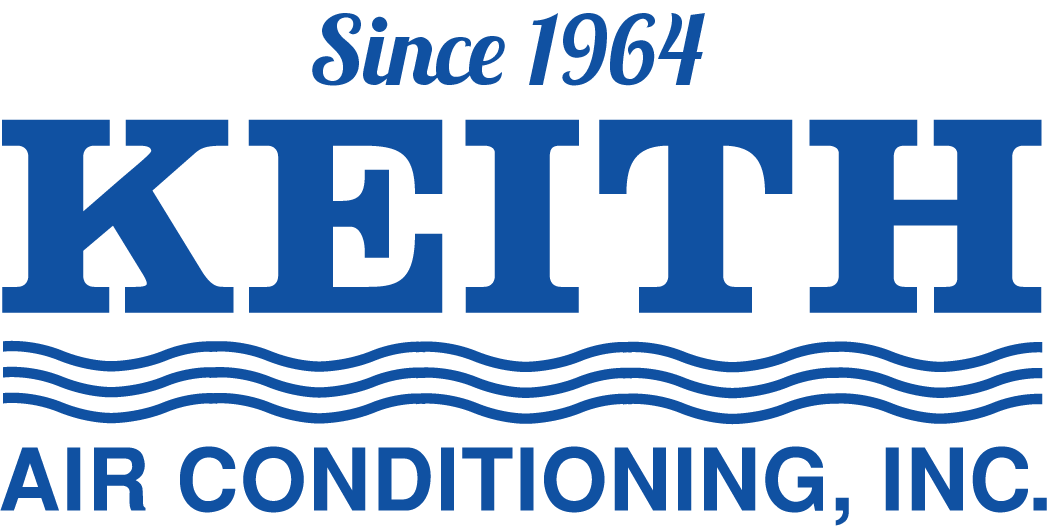Did you know the air inside your home could be worse than the air outside your home? If you’re an allergy sufferer, sorry for the bad news. Thankfully, relief is on the way.
Air Quality Awareness Week 2018 is April 30-May 4, and this year’s theme is “Air Quality Where You Are.” The goal is to increase air quality awareness and inspire people to take steps, no matter how large or small, to reduce their contribution to air pollution. In the spirit of air quality awareness, here are four HVAC tips including information about emerging ductless air conditioning technology to improve your indoor air quality (IAQ).
- Change your air filter regularly
For allergy sufferers, changing your air filter is a simple step you can take to alleviate your symptoms and improve your indoor air quality. When your air filter is dirty, it restricts airflow, and your HVAC system has to work harder to trap airborne pollutants from your home’s indoor air – allergens, dust mites, pet dander, dead skin, mold, viruses and more. When your air filter is clean, it helps your HVAC system work properly, efficiently and safely while helping to keep your system and your ductwork clean. To alleviate your allergy symptoms, we recommend using a high-quality, high-efficiency air filter and replacing it once a month. If your unit uses washable air filters, clean them once a month during heavy use times. If you have pets or live in an area with a high pollen count, be especially mindful. Unsure if yours is disposable or washable? Call Keith Air Conditioning at 251-220-5630. - Use an air purifier
Air purifiers bring relief for many allergy sufferers. How? Air purifiers help improve indoor air quality by neutralizing pollen, pet dander, bacteria, viruses, mold spores, smoke and chemical odors, so you breathe in clean air. Air purifiers come in many forms; consult with your NATE-certified HVAC professional to discuss whole house options, such as Media Air Cleaners or UltraViolet Air Purifiers for the ultimate benefit. - Have regular HVAC maintenance performed
You should have your HVAC system professionally serviced twice a year (your air conditioner in the spring and your furnace in the fall), especially if you’re an allergy sufferer. If you use a heat pump, you should schedule service twice a year, prior to each season as well. Heat pumps rarely get a rest, like air conditioners and furnaces do and may experience more wear and tear. With an HVAC maintenance appointment, you ensure your system is working properly and efficiently and is clear of mold, mildew, dust and other contaminants affecting your indoor air quality. - Consider a ductless air conditioner
Changing your air filter and using an air purifier traps airborne pollutants from your home’s indoor air. What if you could remove the hideout of these pollutants? A major benefit to a ductless air conditioner is no ductwork for pollutants to gather Instead, air conditioning comes through wall-mount air handlers connected to an outside unit. Without ducts, there is no place for the pollutants to build up, and allergens in your home’s air drop significantly. Ductless systems are quiet, energy-efficient and can save you money too.
For more information about the pros and cons of ductless systems, check out this blog post.
The Centers for Disease Control and Prevention (CDC) report more than 50 million Americans suffer from allergies each year. During Air Quality Awareness Week and every week, Keith Air Conditioning is your go-to resource for indoor air quality. We can assess your home’s indoor air quality needs and concerns, perform a maintenance check up on your HVAC system and answer all of your air filters, air purifiers and ductless systems questions. Contact us at 251-517-4437 to get started today.










